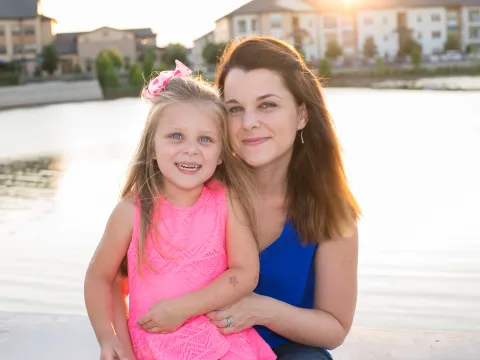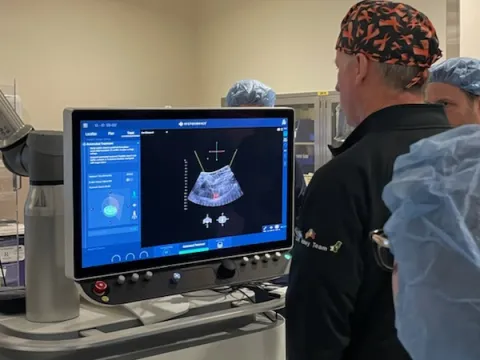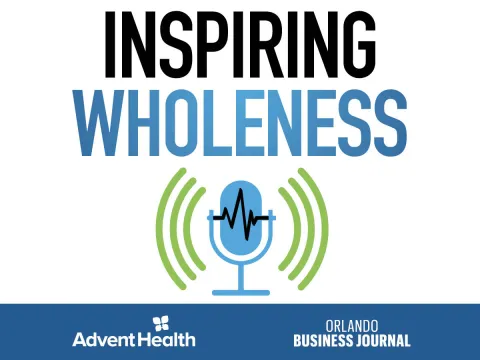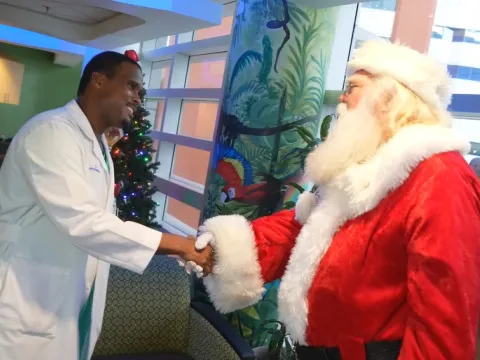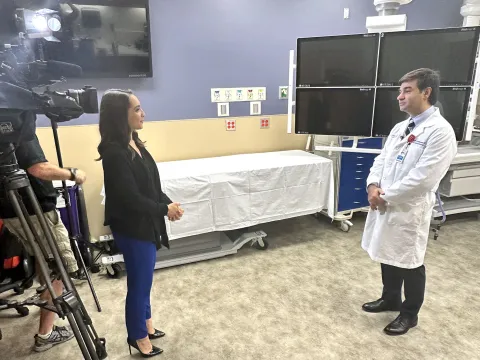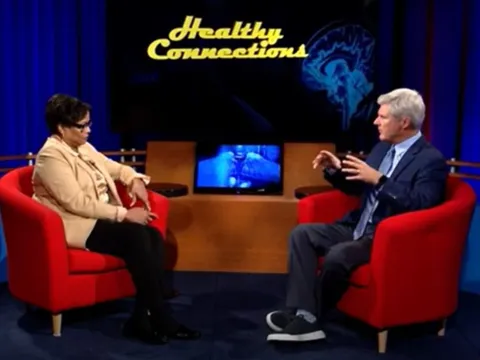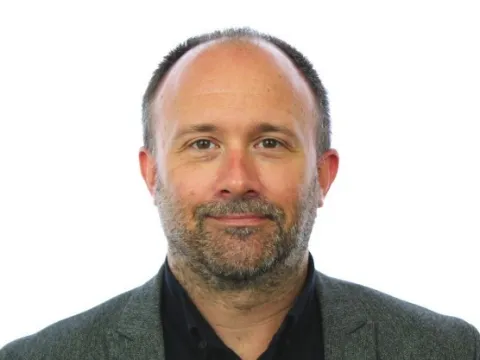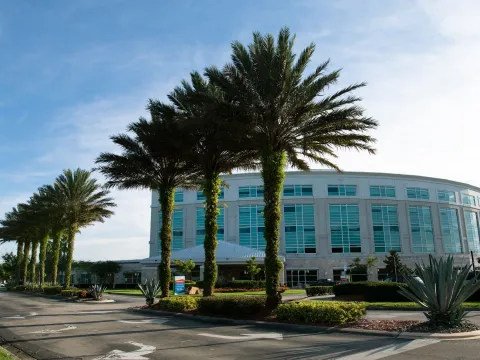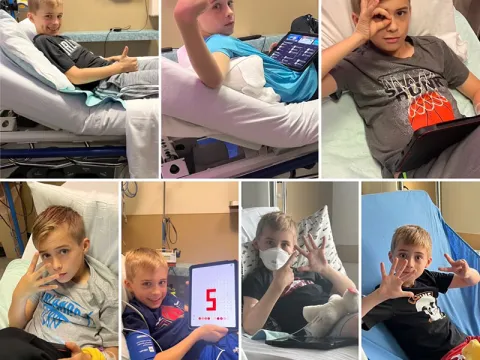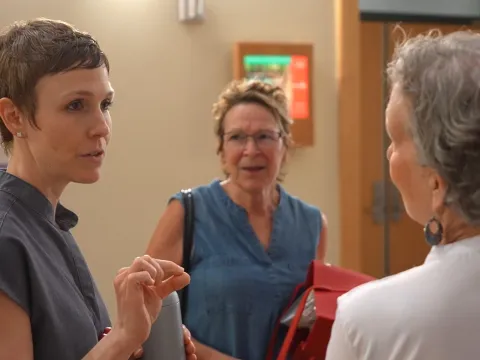- Beth Kassab
Choose the health content that’s right for you, and get it delivered right in your inbox.
When SpaceX’s Falcon 9 launches tonight, the rocket will carry muscle cells from Central Floridians to the International Space Station.
The cargo is an experiment run by a team of scientists from the University of Florida and AdventHealth to examine how micro-gravity changes muscle cells. The findings could one day prove helpful to astronauts who spend long periods in space or – for those of us who are Earthbound – potentially translate to new ways to prevent or reverse weakness developed by patients confined to bed or with limited mobility.
“This is a really exciting time for us,” said Paul Coen, an associate investigator at AdventHealth’s Translational Research Institute. “The tissue chips are like miniature labs that will allow us to study how micro-gravity not only negatively impacts muscle biology but will also give us the opportunity to test therapeutic countermeasures.”
Muscles atrophy and weaken when a patient is unable to move and Coen, who studies how aging impacts muscle loss, is looking for clues to help people remain stronger for longer periods of time. The cells headed to ISS are divided into two groups – those collected from young and older adults. Scientists want understand how micro-gravity might impact muscle from older adults differently from younger adults.
The shoebox sized LabCube that contains the muscle tissue chips will then be frozen and preserved before it returns to Earth later in the year. The tissue chips will travel to the University of Florida, where Dr. Siobhan Malany, the lead investigator and a professor in the College of Pharmacy, will run a number of tests to determine the impact of microgravity on the cells.
This is the second launch of human muscle cells collected at AdventHealth into space after the first batch took off in 2018. New this time: electrical stimulation built into the tissue chips so that researchers can simulate the muscle cells contracting aboard ISS. The goal is to understand how contraction might protect the cells from microgravity.
A separate, but scientifically related National Institutes of Health funded study led by Coen, is also underway at AdventHealth Translational Research Institute. He is asking participants to spend 10 days on bedrest at TRI’s Clinical Research Unit and is comparing muscle mass, fitness and other health variables before, during and after the 10-day period. People taking part in the study can’t get up and walk around, but they can read, scroll their phones or watch tv or movies.
“The bedrooms at our clinical research unit are nicely furnished and are really comfortable,” Coen said. “Generally, our participants have a pretty good time during their 10-day stay with us.”
People interested in participating in the study can find more information here.
The results from both the space and bedrest research might one day help people recover faster after long hospital stays or, perhaps one day, combat natural muscle changes brought on by aging.
Recent News
A genetic test, originally conducted to help better understand her daughter's diagnosis, revealed Samantha Arceneaux carries a genetic variant that virtually guarantees she will develop an aggressive...
Kidney-tumor patients have an innovative new treatment option, first performed recently by a surgical team at AdventHealth Celebration.
The new SMILE with Stella Tremonti Down Syndrome Clinic is the only lifespan program of its kind in the Southeast.
‘Tis the season for John Hayes to suit up in his iconic red furry suit and pay a special visit to pediatric patients and their families at the AdventHealth for Children. Watch how our cardiac team...
After over a decade of not being able to keep food down because of her condition, Rene Galloway has a new lease on life thanks to an AdventHealth interventional endoscopist who saw a chance to help...
“Artificial intelligence is now providing tools that allow us to be more efficient and effective when taking care of patients and we can do it in a way that is safer,” says Dr. Victor Herrera, senior...
Detecting lung cancer has come a long way in the past 20 years – it’s not “one size fits all” and there are innovative ways to treat it. Dr. Mark Socinski joins Healthy Connections TV to discuss the...
The FLAME study represents a first-of-its-kind study of the long-term adherence to and effects of an exercise intervention on brain health, cognition and Alzheimer’s disease pathology.
As Central Florida’s population grows, the need for a high-quality, well-trained health care workforce grows alongside it. To ensure the region’s future health care needs are met, AdventHealth is...
We know exercise is good for health, but there isn’t a one-size-fits-all prescription when it comes to individual needs. Everyone is different in terms of how their bodies fight diseases and respond...
Anderson Ata, 10, became the seventh patient in the world, and the first in Orlando, to receive the new FDA-approved drug called Tzield, which delays the onset of Type 1 diabetes.
According to a study recently published in Journal of the American Medical Association (JAMA)breast, colon and pancreatic cancer rates are increasing at concerning rates among young adults...

